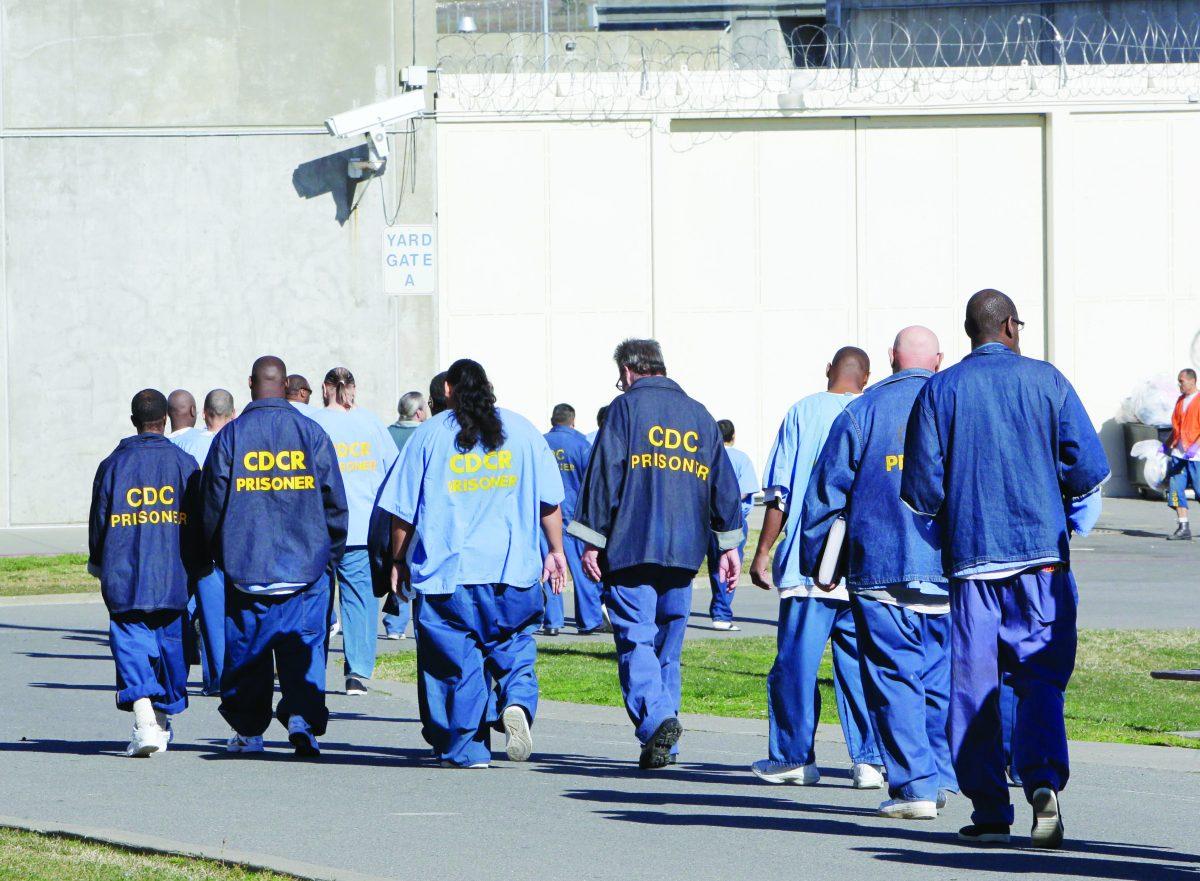Thousands upon thousands of American workers receive a starvation wage every year. In Louisiana, that number is even higher since we have the largest prison population in the world per capita.
Oh, did you think I was talking about raising the state or federal minimum wage for regular people? Well, if you thought McDonald’s workers had it bad, you’ll rip your hair out after hearing about the compensation prisoners get.
Texas inmates recently went on a labor strike, protesting what they say are unfair working conditions. In Texas and other Southern states, many prisoners are paid nothing for the work they do. If they are paid, it is a miniscule amount. Documents from the Mississippi correctional system in 2001 said prisoners were paid as little as 16 cents a day.
When the rest of Louisiana gets at least the federal minimum wage of $7.25 an hour, or the tipped minimum wage of $2.13, inmates may get literal pennies. Add in the fact that some of the work prisoners do is farm labor like picking cotton, and it’s hard not to look at this situation as modern day slavery.
Currently, the Louisiana Constitution bans slavery and indentured servitude. Indentured servitude was popular in the early days of America, when people sold a few years of their freedom in exchange for room, board and transportation to the New World. Essentially, you could sell yourself into slavery.
There is, however, one exception to the state’s current ban on indentured servitude. The state can compel a person into indentured servitude “as punishment for crime.”
This is news to anybody who thought the U.S. got rid of such barbaric practices after the North won the Civil War. However, the 13th amendment also spells out this exception in clear language.
The common justification is that prisoners did this to themselves when they chose to break the law. If somebody does the crime, they should do the time, right?
This is a naïve view for a number of reasons.
To start, many people are forced into a life of crime because they have no other economic opportunities. There’s a reason the vast majority of those in prison are poor people. If you’ve ever heard the phrase “stripping to pay tuition,” then you understand why somebody would sell drugs to feed his family or move out of the projects.
That’s just the tip of the iceberg. As I explained in my last column on the plight of public legal defense in the state, the criminal justice system only survives on the backs of those who do not have the resources to pay for private lawyers. As a result, a person charged with drug possession may have to take a plea deal because his court-appointed attorney doesn’t have enough time to provide a quality defense.
This leads to a massive number of wrongful convictions, which prisoner-advocates claim Louisiana leads the country in. To add more fuel to the fire, Louisiana judges are notorious for denying appeals from those in prison, even when the evidence suggests they should be let free.
This issue hits me personally. My cousins, who were like uncles to me, have a brother who’s been incarcerated for decades. He was tried as an adult when he was a teenager. By the correctional system’s own standards, he is no threat to society.
Yet there is little hope he will be released, even with the continued work of his family. I can’t imagine the sense of hopelessness somebody without family support feels when they try to prove their innocence.
For all of these reasons and more, we need to end modern day slavery. Support prison reform.
Jack Richards is a 21-year-old mass communication senior from New Orleans.
Opinion: Prisoners work under slavery-like conditions
April 17, 2016
FILE — In this photo Feb. 26, 2013 file photo, inmates walk through the exercise yard at California State Prison Sacramento, near Folsom, Calif. California’s recidivism rate dropped in the years before Gov. Jerry Brown’s 2011 realignment law took effect, according to a report released by the California Department of Corrections and Rehabilitation, Wednesday, Jan. 15, 2014.(AP Photo/Rich Pedroncelli, file)
More to Discover








